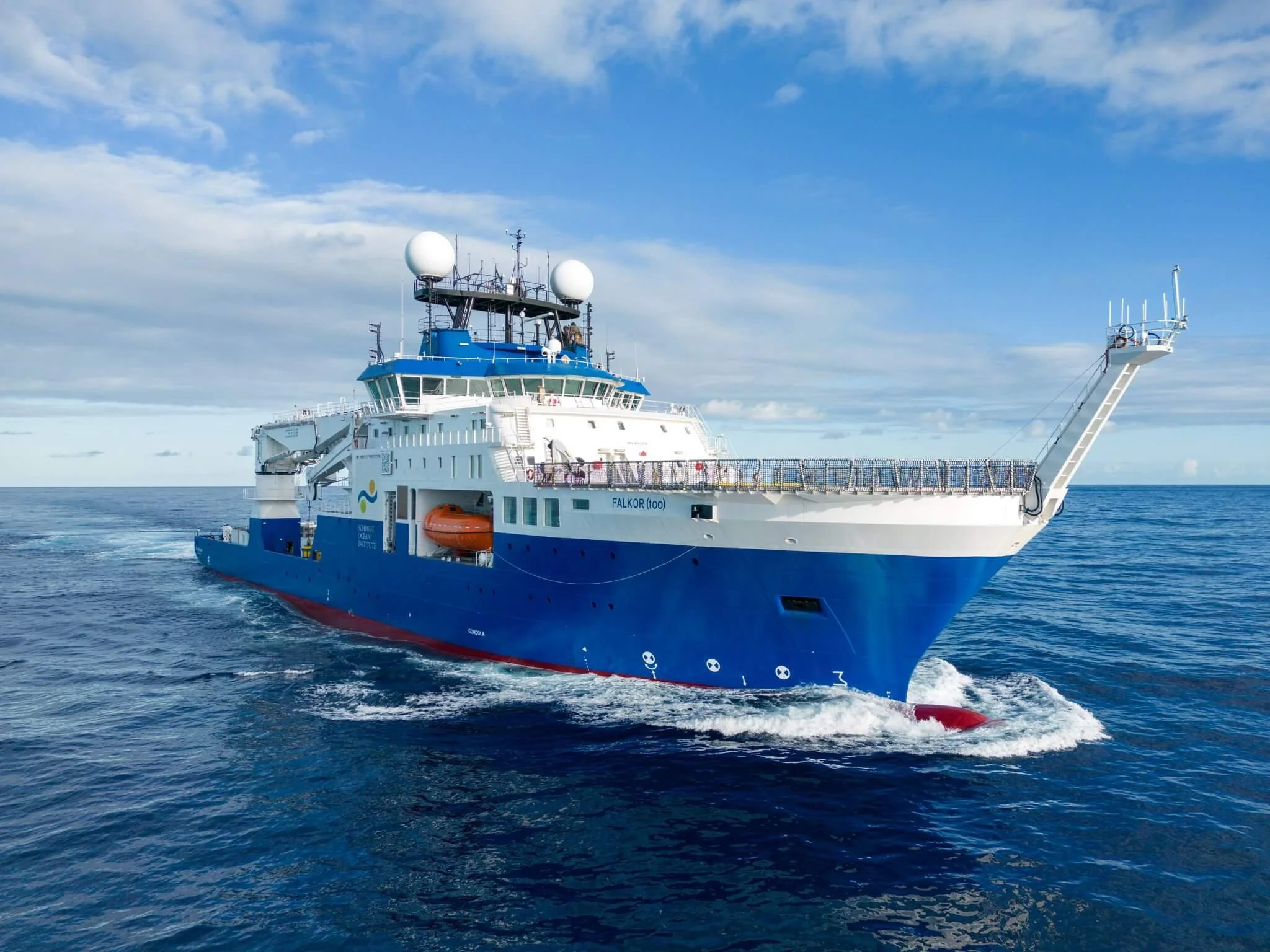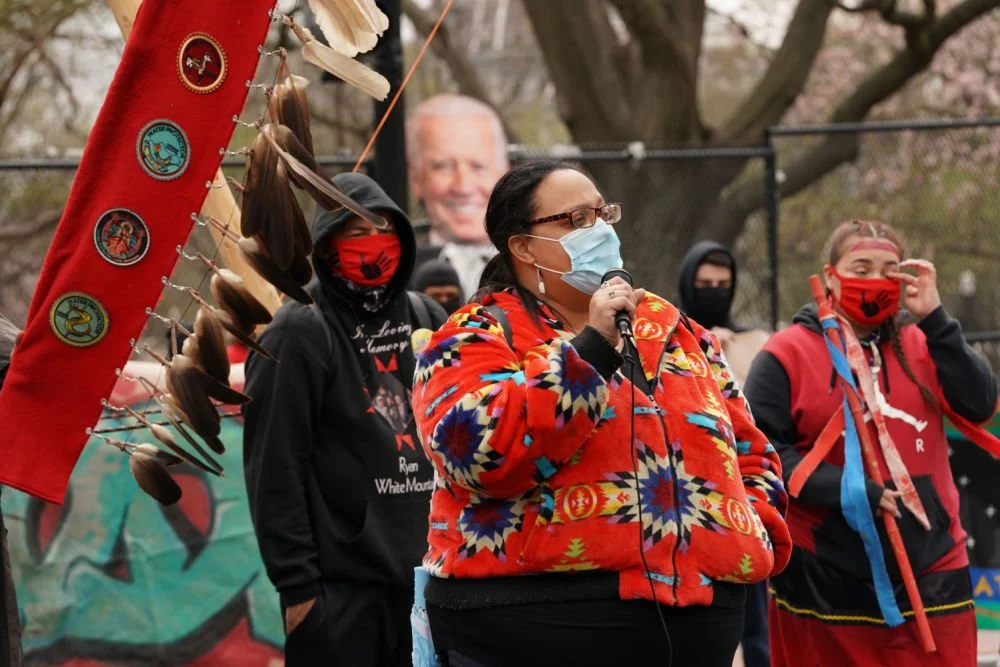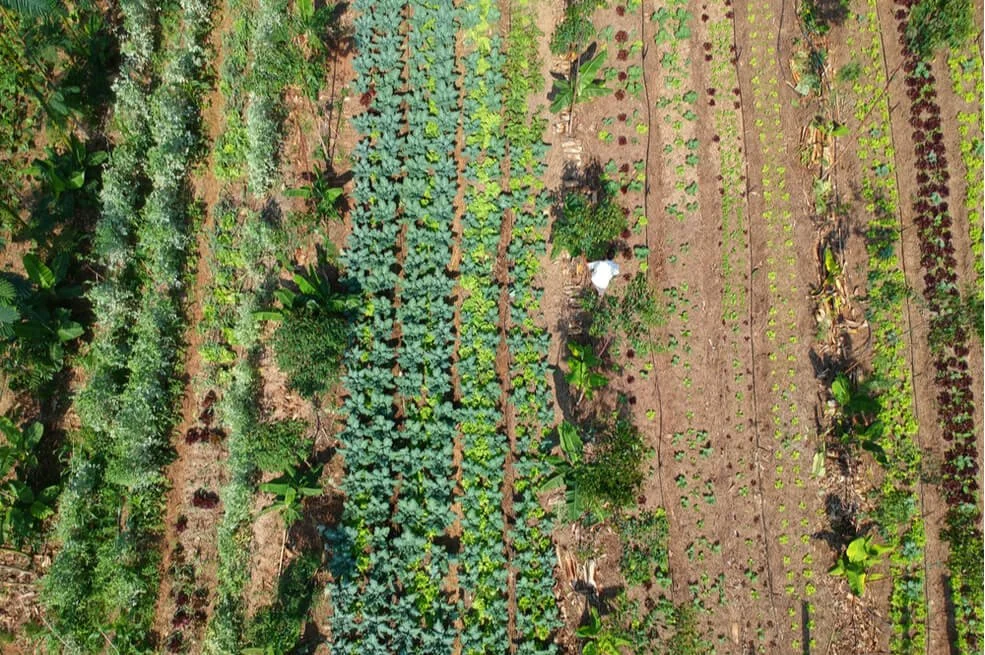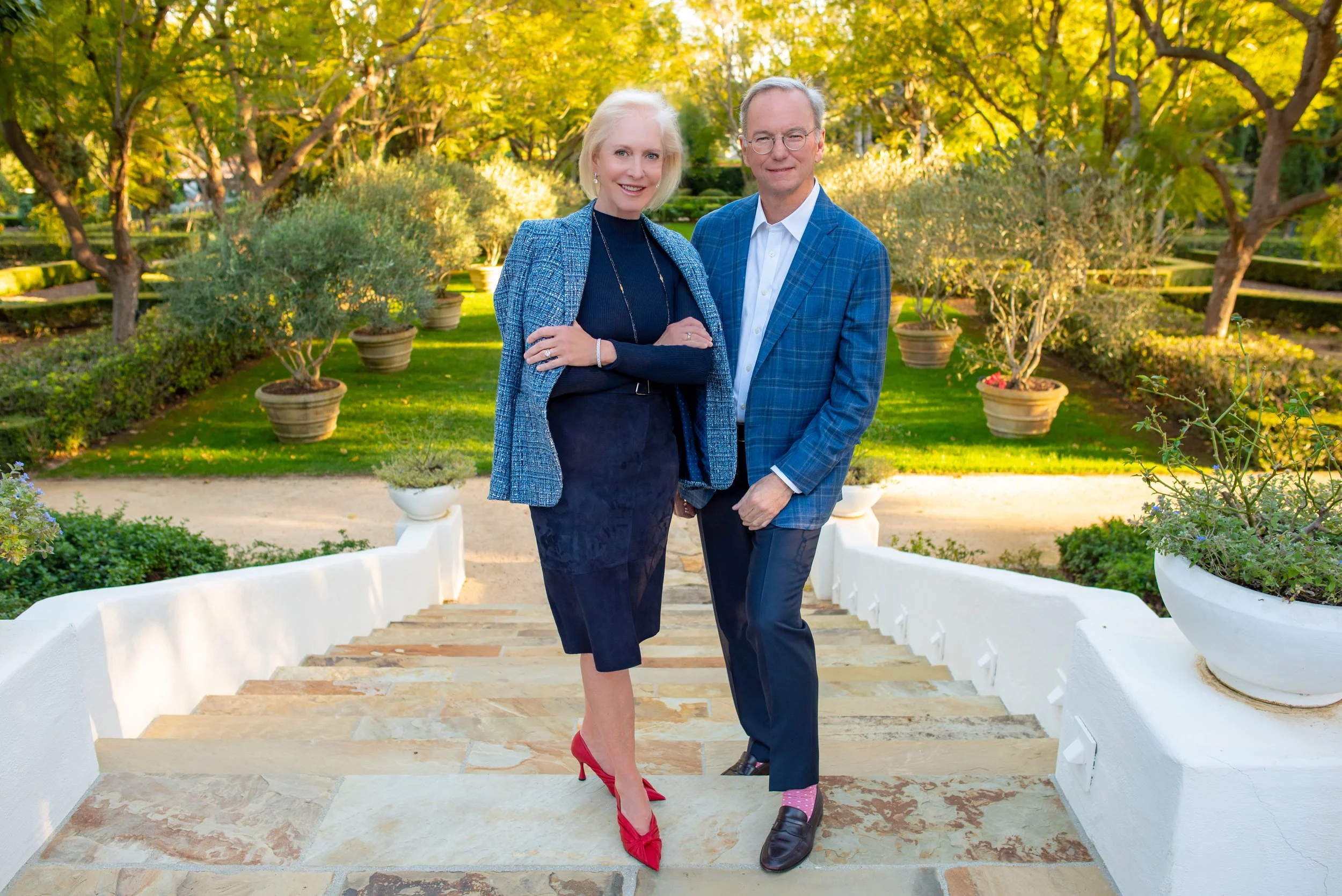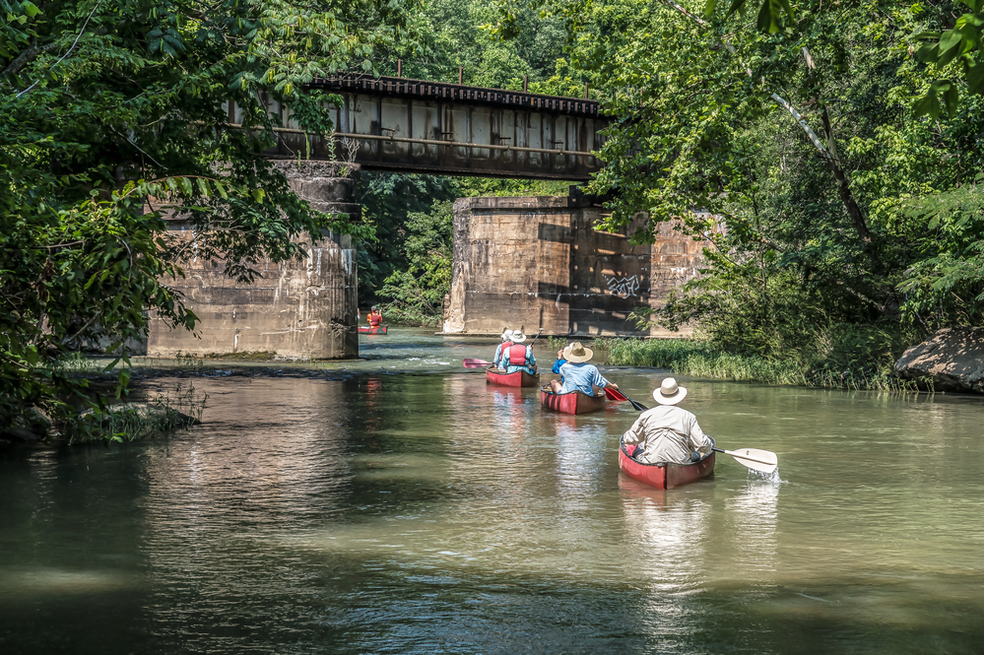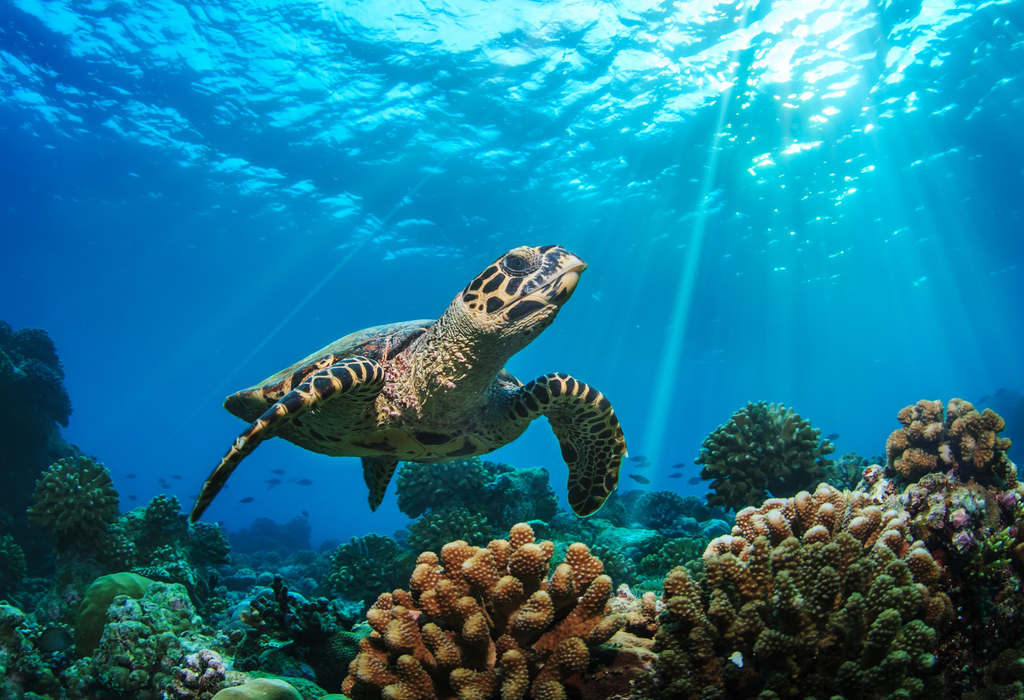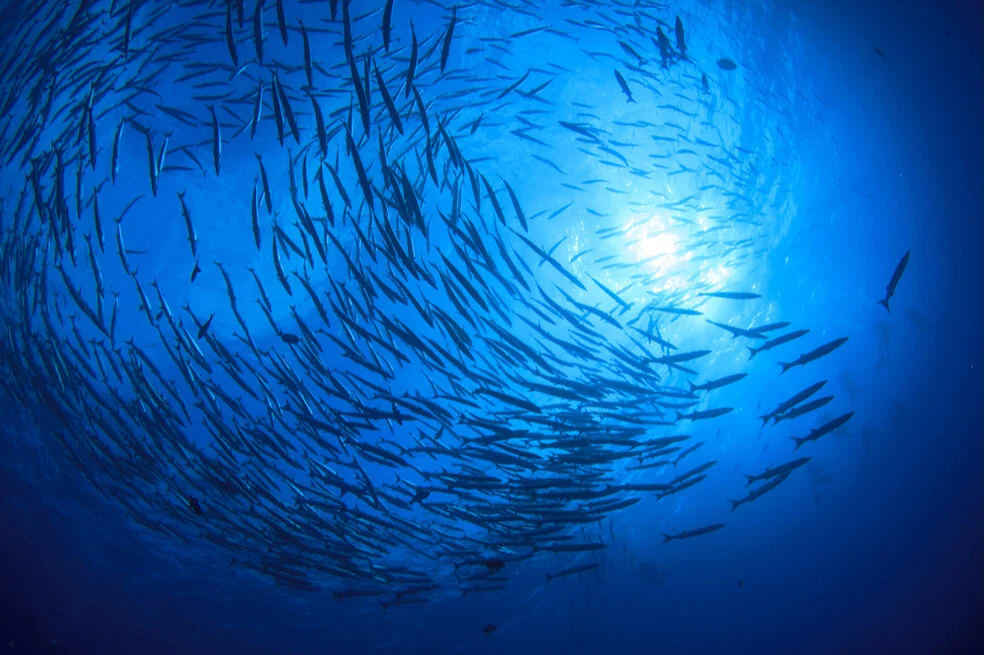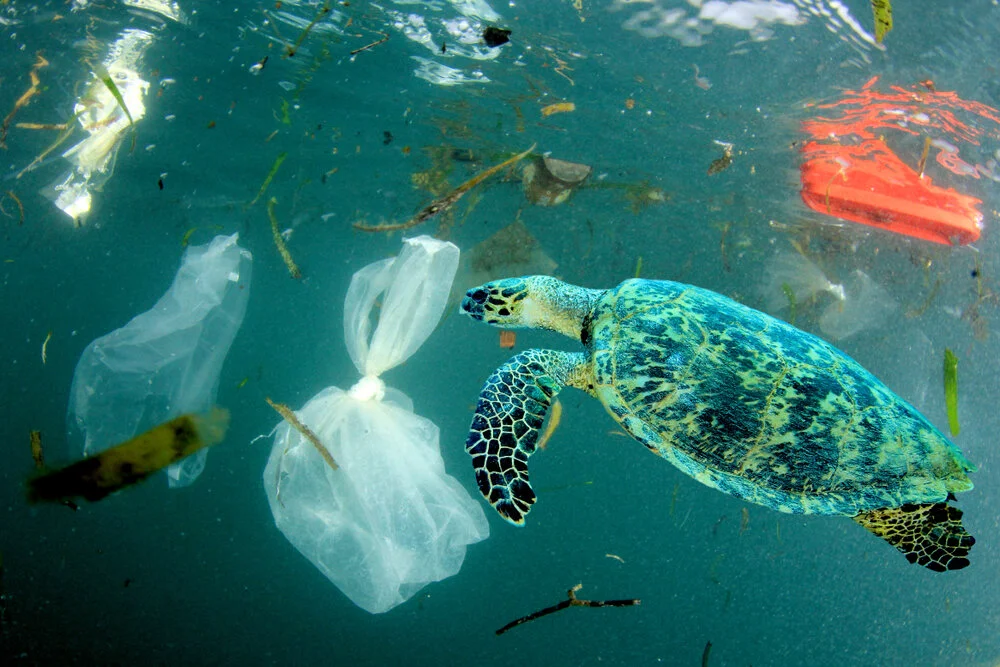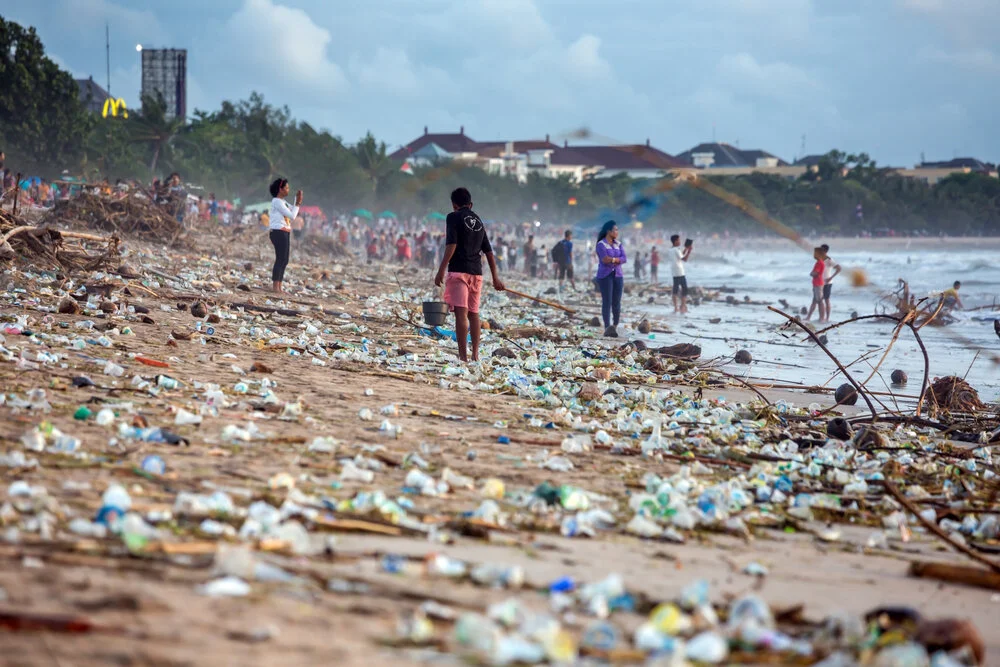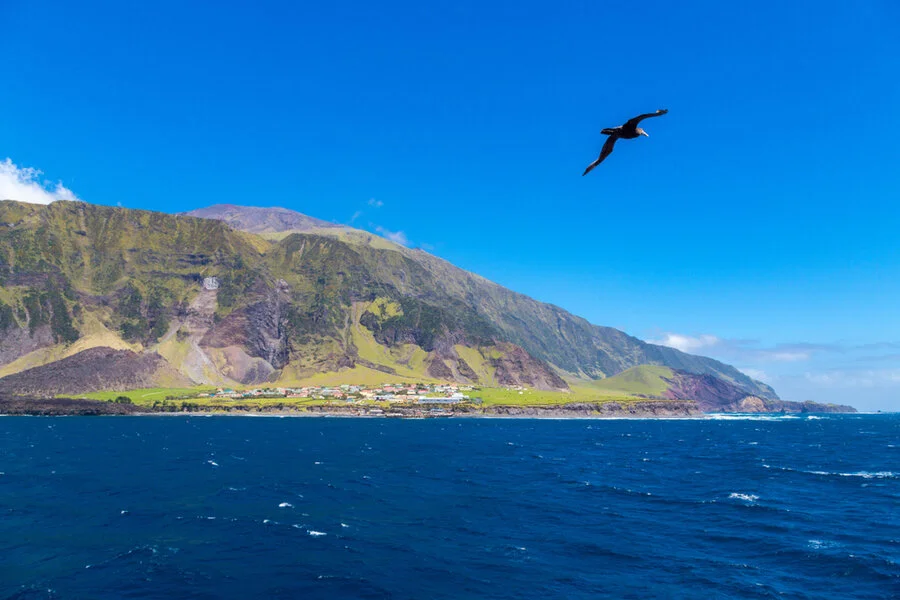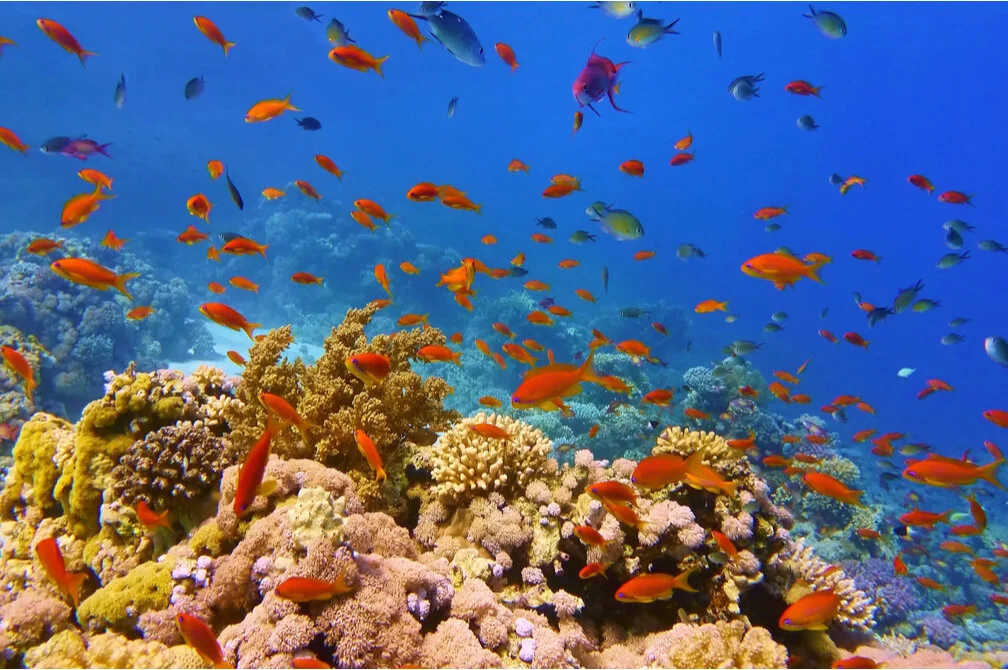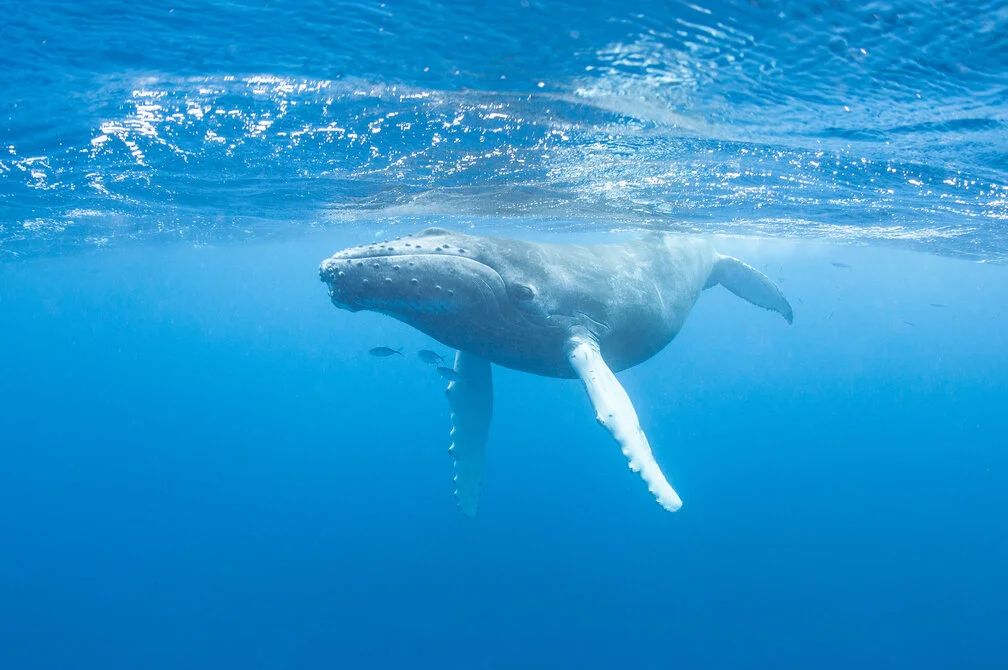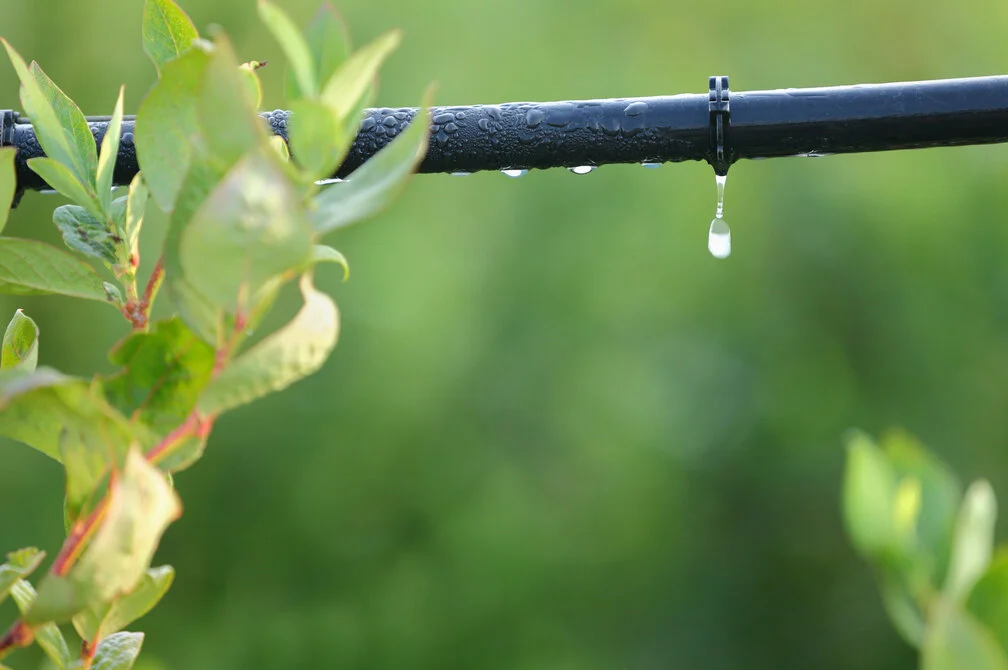JRS Biodiversity Foundation
/JRS Biodiversity Foundation
OVERVIEW: The JRS Biodiversity Foundation supports initiatives for biodiversity and biodiversity metrics in sub-Saharan Africa.
IP TAKE: JRS’s grantmaking focuses on freshwater and pollinator biodiversity in ecologically vulnerable areas of sub-Saharan Africa. It also runs a grantmaking program to build the capacity of organizations working in these areas of interest. The foundation’s grantees tend to be well-established conservation initiatives, research institutes and universities. JRS takes an active approach to partnering with these organizations to create an accessible infrastructure of biodiversity data to inform policy and investments in the area.
This funder does not accept unsolicited proposals. Prospective grantees may reach out via the foundation’s contact page or connect via social media.
PROFILE: The JRS Biodiversity Foundation was founded in 2004 with proceeds from the sale of the science journal publishing company BIOSIS to Thomson Scientific, a division of Thompson Reuters. Based in Seattle, JRS Biodiversity aims to “expand the tools and processes used to collect, manage, and share biodiversity data and information in sub-Saharan Africa and to connect this knowledge to the people—the policymakers, scientists, conservationists, and the public—who influence decisions that are crucial to preserving biodiversity.” The foundation’s current areas of grantmaking are freshwater biodiversity, pollinator biodiversity and capacity building for organizations working in the field of biodiversity in sub-Saharan Africa.
The JRS Biodiversity Foundation’s freshwater biodiversity program funds projects that monitor freshwater biodiversity with the goal of increasing data for policy development and “investment decision making.” The overarching goal of the program is to develop accessible data systems and to “fill knowledge gaps for conservation purposes.” One recent grant supported the South African National Biodiversity Institute’s Data Pipeline for Wetlands and Waterbirds. Another grant went to Sokoine University in Tanzania, which developed a biodiversity information system for the conservation of the Rufiji River Basin. Other past grantees include Water Journalists Africa, South Africa’s Association for Water and Rural Development and Malawi’s Lilongwe University of Agriculture and Natural Resources.
In a recent year, the JRS Biodiversity Foundation made about $1.8 million in grants with an average grant size of about $100,000. This funder’s grantees tend to be large, established conservation initiatives, research institutes or universities based in Africa. The foundation maintains a searchable database of past grants and posts its recent financial reports on its website.
JRS Biodiversity does not accept unsolicited proposals for funding. This funder occasionally posts RFPs and encourages organizations working in its areas of interest to its check its website periodically for updates or connect via social media. General inquiries may be submitted to the foundation via its contact page.
PEOPLE:
Search for staff contact info and bios in PeopleFinder (paid subscribers only).
LINKS:







